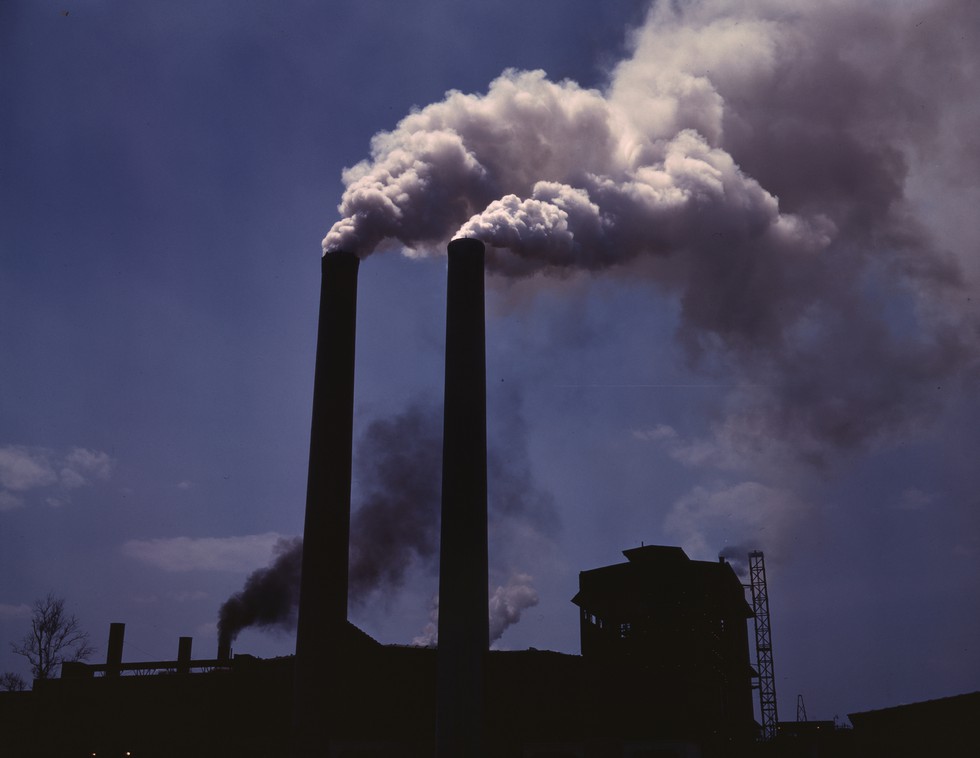About Central Pollution Control Board (CPCB):
- It is a statutory organisation constituted in September 1974 under the Water (Prevention and Control of Pollution) Act, 1974.
- Further, CPCB was entrusted with the powers and functions under the Air (Prevention and Control of Pollution) Act, 1981.
- It provides technical services to the Ministry of Environment, Forests and Climate Change (MOEFCC) of the provisions of the Environment (Protection) Act, 1986 and advises the Central Government on any matter concerning the prevention and control of water and air pollution and the improvement of the quality of air.
- Principal Functions of the CPCB:
- to promote the cleanliness of streams and wells in different areas of the States by prevention, control, and abatement of water pollution
- to improve the quality of air and to prevent, control or abate air pollution in the country.
- Standardization activity of CPCB:
- CPCB lays down standards for streams or wells in consultation with the State Governments, and also lays down standards for the quality of air.
- CPCB also prepares manuals, codes, and guidelines relating to the treatment and disposal of sewage and trade effluents, as well as for stack gas cleaning devices, stacks, and ducts.
- In general, the following nine categories of standards are developed by CPCB:
- National ambient air quality
- Water Quality Criteria from different sources
- Standards for Emission or Discharge of Environmental Pollutants from various Industries (Issued under Environment Protection Rules, 1986)
- Standards for Treatment and Disposal of Bio-Medical waste by Incineration
- Guidelines for the disposal of Common Hazardous Wastes by Incineration
- Emission norms for vehicles
- Auto fuel quality
- Emission standard, Noise limits for Diesel Engines
- Emission & Noise Limit of LPG & CNG Generator Sets
- Apart from the above, under the Comprehensive Industry Document Series (COINDS), CPCB also formulates the Minimal National Standards (MINAS) specific for various categories of industries with regards to their effluent discharge (water pollutants), emissions (air pollutants), noise levels and solid waste. These standards are required to be adopted by State Governments as minimal standards.
